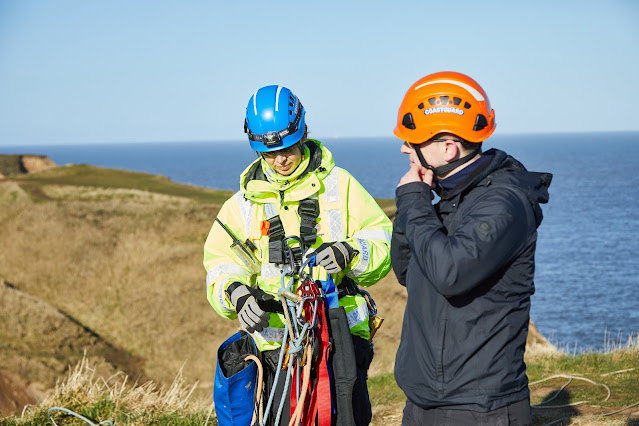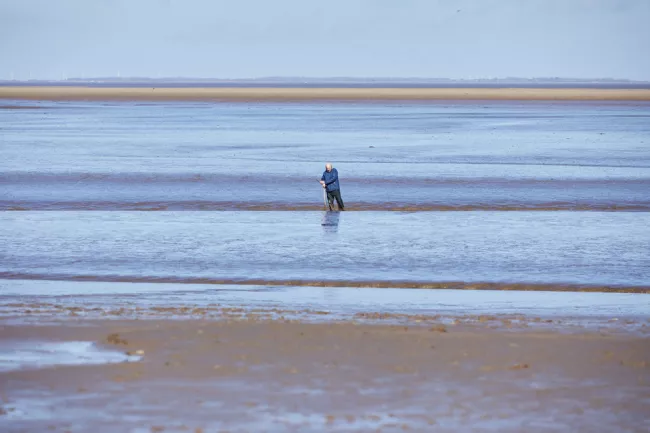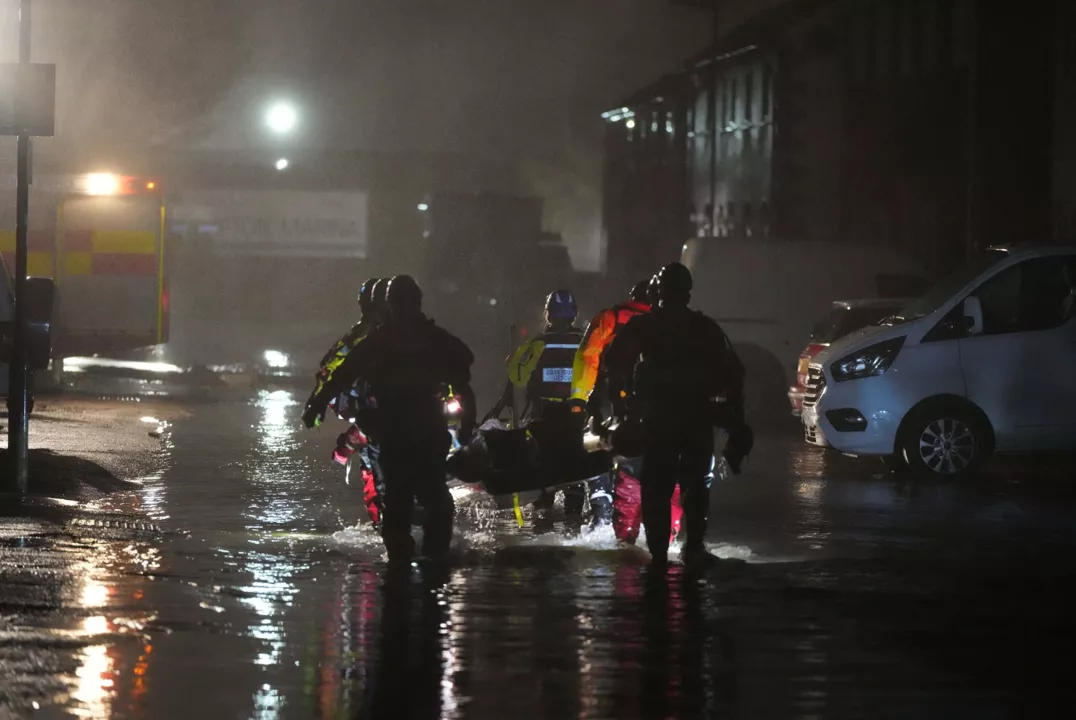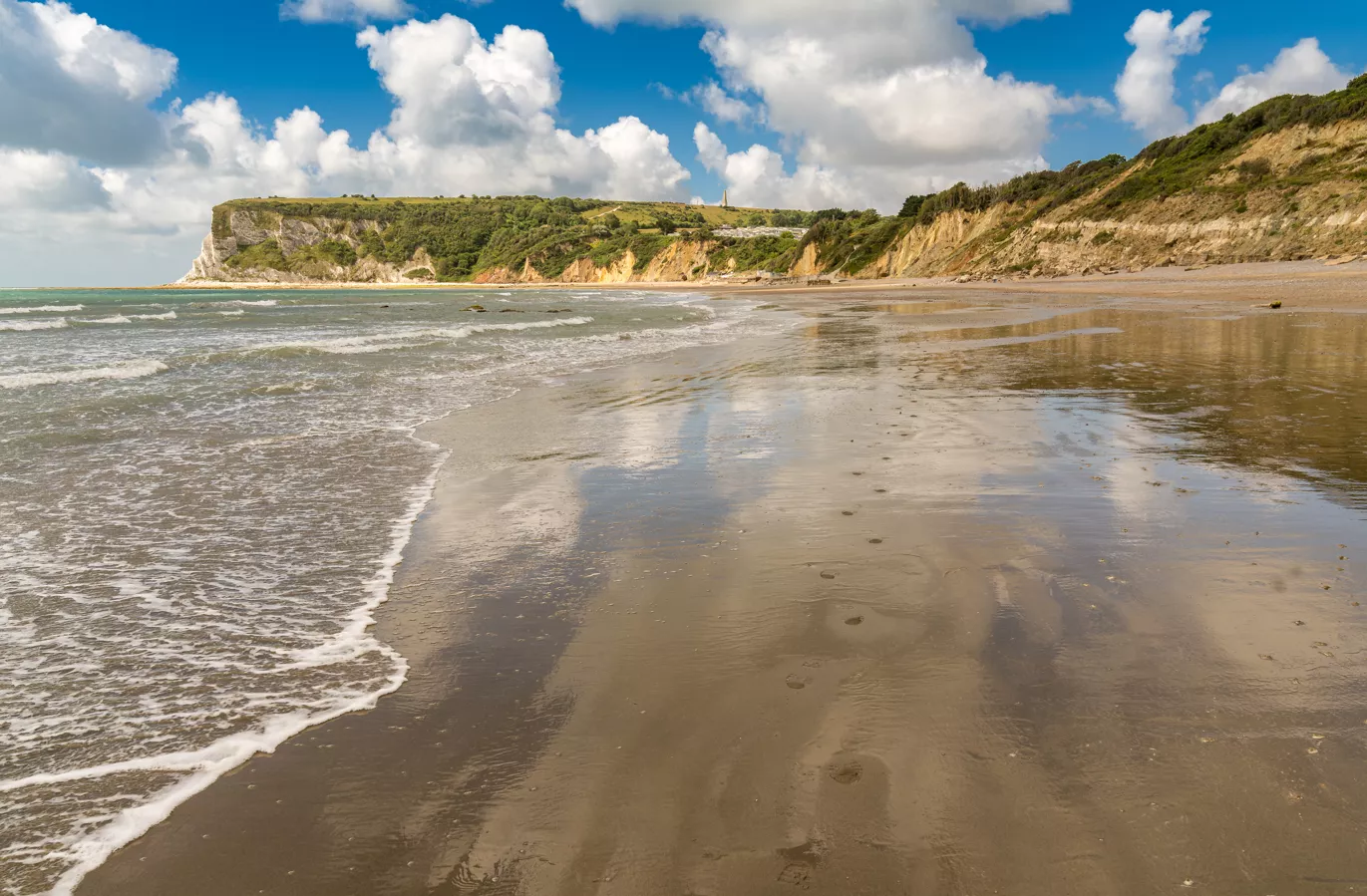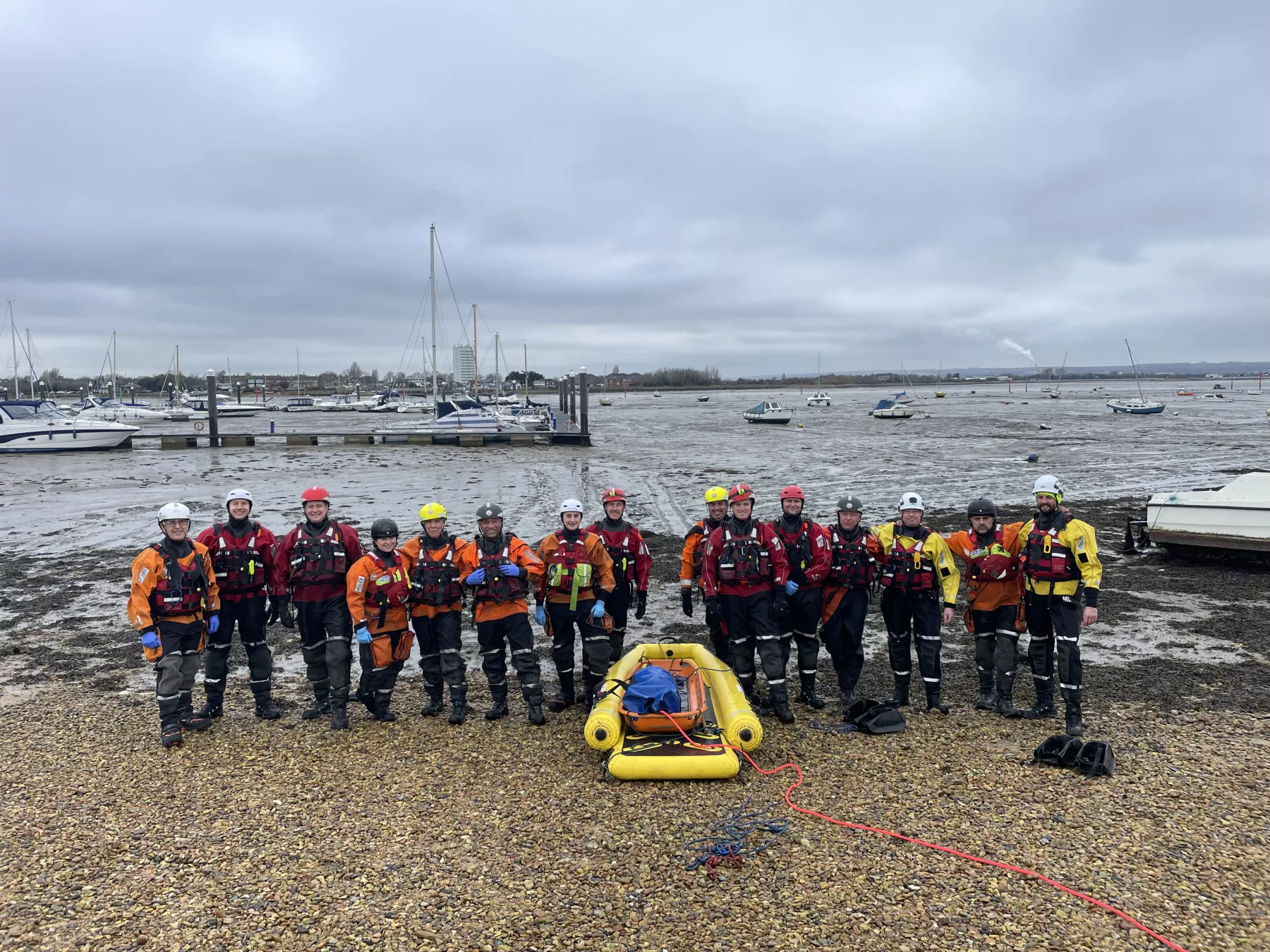The temperature has been unseasonably warm, and while that has been great in luring so many of us to our wonderful coasts, it has also brought a lot of rain. Rain can cause serious safety concerns along the coast.
So we all need to be extra careful if we’re planning a trip to explore the coastal areas around the UK by making sure we know what to do if something goes wrong.
So far in 2023, HM Coastguard has been called out to a number of incidents involving walkers who have found themselves in difficulty at the coast. In particular, there has been concern over the number of people getting stuck in tidal flood plains (better known as 'stuck in the mud') after teams rescued nine people across two days around the UK, including five on Crosby beach.
There have been further concerns for people cut off by the tide and pet owners needing help themselves after attempting to rescue their pet.
It is vital at this time of year to be prepared before you head to the coast:
- consider if it is safe to go out at all
- make sure you check the weather and tides if you decide it is safe to head out, wear appropriate footwear and clothing for your activity, know the sea conditions and stick to coastal paths
- pay attention to local warning signs
- beware of mud on beaches – if you do get stuck, try to spread your weight as much as possible and avoid moving. Do not attempt to rescue someone else, call the Coastguard
- if you take your dog out with you, keep it on a lead at the coast especially near cliff edges. If they get stuck on a ledge, in mud or swept out to sea, don’t go after them. Most dogs make it back safely, but you might not. People often put themselves in danger in a rescue attempt
- carry a mobile phone so that you have a way of making contact in an emergency and make sure you tell someone where you are going and when you will be back
- cliffs can be more unstable than they look, and cliff falls or landslides can happen without warning. Take note and adhere to local warning signs. The cliffs along the UK coastline are continuously eroding, stay away from the edge which could be crumbly or slippery and do not climb cliffs as a short cut to the top. Periods of intense rainfall will often make cliff edges more vulnerable
- don’t ever be tempted to stand near the edge to take a ‘selfie’ as it may be the last photo you ever take
- if you find suspected ordnance, do not touch it. Report it to your nearest Maritime Rescue Coordination Centre.
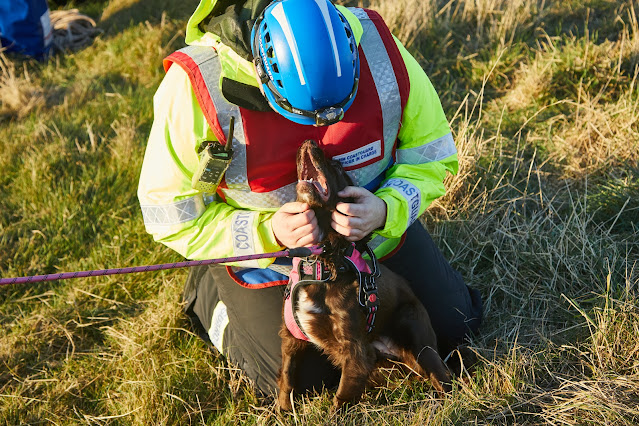
So if you plan to take a walk this winter, please remember to be careful out there and have a look at the safety advice before setting out.
Mike Buratti, Coastal Operations Area Commander said: "It's not that unusual for people to need our help in that area but we had to rescue five in one day last week. They were all fortunate not to need onward medical care but it really shows how easy it is for anyone to get caught out – of course they never intended to, they intended to go for a New Year's walk on the beach or with their dog, not sink in the mud.
"To the untrained eye, these patches of mud will just look like wet sand so it catches a lot of people off guard. "
"People really need to be mindful of their surroundings as there are quite a few dangers at our coasts, including the tide coming in – even more dangerous if you're stuck in the mud in its path – so you really need to prepare and plan ahead before you leave home.
"Have a look at the local signage, most beaches will have bespoke safety signs which will give really good local information and give you the local hazards to the area.
"It's a frightening enough experience for us when we train, despite that being a controlled environment, so what it must be like for a member of the public to be stuck in really cold conditions in the mud and possibly afraid of the tide coming in, it must be absolutely horrendous. So it's really important to try to avoid finding yourself in that situation in the first place.
"But, it can happen, even when you have followed all the advice. So if it does, then remember to try to stay calm and to spread your weight as much as possible and discourage others from trying to rescue you. Get them to call 999 and ask for the Coastguard."
* Watch out for the full interview with Mike Buratti, to be published next week.
